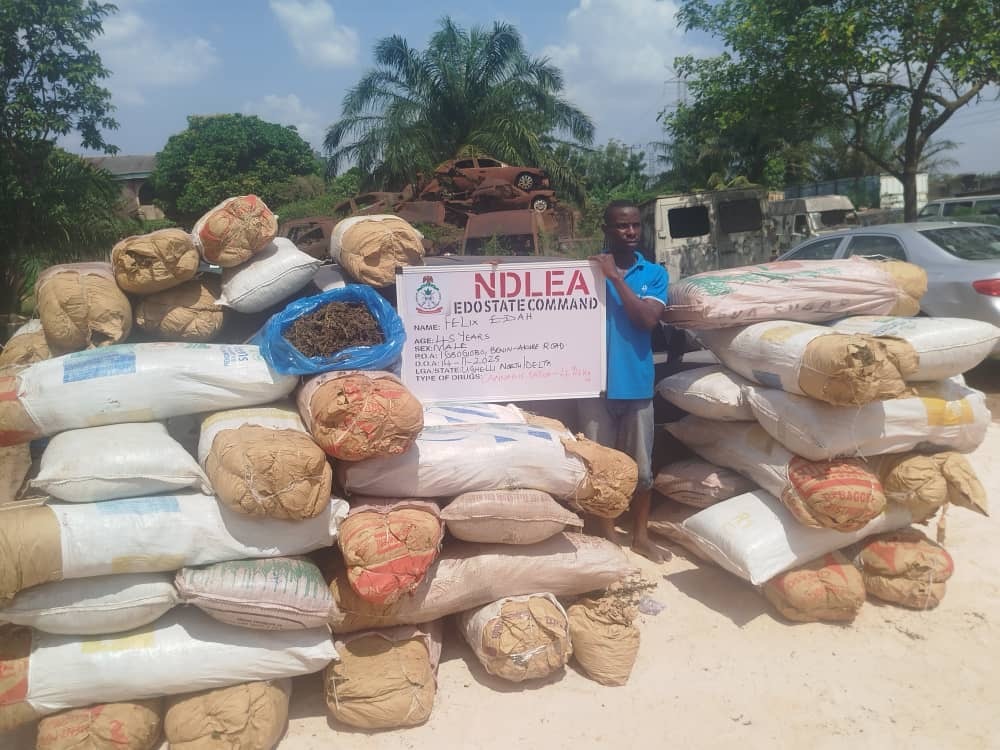The Federal Capital Territory Command of the Nigerian Correctional Service (NCoS) has dismissed claims that female inmates across Nigeria are being denied access to menstrual hygiene products, describing the reports as inaccurate.
In a statement released on Sunday in Abuja, the Command’s Public Relations Officer, DSC Adamu Samson Duza, stressed that the Service adheres to its mandate and international correctional standards.
“Sanitary pads and hygiene materials are distributed to female inmates every month at no cost, and each allocation is recorded in welfare registers,” he said.
Duza added that all custodial centres are equipped with healthcare units staffed by qualified medical personnel, including nurses and doctors, who attend to the medical needs of female inmates, including menstrual-related issues.
“These units provide consultations, medications, and referrals to external hospitals when specialised treatment is required,” he explained.
He further noted that the Service receives ongoing support from civil society groups, faith-based organisations, and development partners, who supply sanitary products and conduct menstrual hygiene awareness programmes.
“A recent donation from the Nigerian Medical Association (NMA) is one of several contributions aimed at improving inmate welfare,” Duza added.
Reiterating the Command’s commitment to humane treatment and the dignity of inmates, he emphasised that the NCoS operates in accordance with the Nigerian Constitution, the UN Standard Minimum Rules for the Treatment of Prisoners (Nelson Mandela Rules), and other international standards.
The statement was issued in response to a report by The ICIR that revealed shortages of menstrual products in some correctional facilities, including Suleja, and reliance on donations from civil society groups. The report had described accounts from inmates who said they were compelled to improvise with cotton wool, newspapers, or other materials due to the lack of official provision.
While the NCoS maintains that sanitary materials are supplied routinely, concerns persist over whether allocations are consistent across all facilities, with advocates urging closer monitoring to ensure female inmates have adequate access to hygiene products.
Billions for Prisons, Nothing for Pads
Despite billions of naira allocated annually to Nigeria’s correctional facilities, female inmates remain excluded from direct provision for menstrual hygiene products.
In the 2020/2021 capital budget, more than ₦1 billion was earmarked for prison biometrics, arms, and ammunition, intended to strengthen detection and response to internal and external threats. Yet, no line item addressed the basic needs of women in custody.
By 2022, the House of Representatives resolved to investigate deteriorating conditions for both staff and inmates, even as the Nigerian Correctional Service (NCoS) received over ₦165 billion in allocations across 2020 and 2021. That year, the NCoS budget was not separately defined under the ₦287 billion allocated to the Ministry of Interior, leaving its spending opaque.
In 2023, the federal government spent ₦22.44 billion on feeding inmates. The following year, approximately ₦120 billion was allocated to the NCoS, with ₦24.4 billion set aside for feeding, ₦4.2 billion for constructing fixed assets, and ₦1.8 billion for new maximum-security custodial centres.
The 2025 national budget continued this trend, earmarking ₦38.03 billion for feeding inmates out of a total ₦45.2 billion for correctional services. The daily feeding allowance per inmate was raised from ₦750 to ₦1,150.
Yet, across these years of substantial allocations, sanitary pads and menstrual hygiene products remain absent from the budgets. Instead, such items are buried under broad categories like “catering materials” or “healthcare supplies”, making it impossible to track specific spending on women’s needs.






